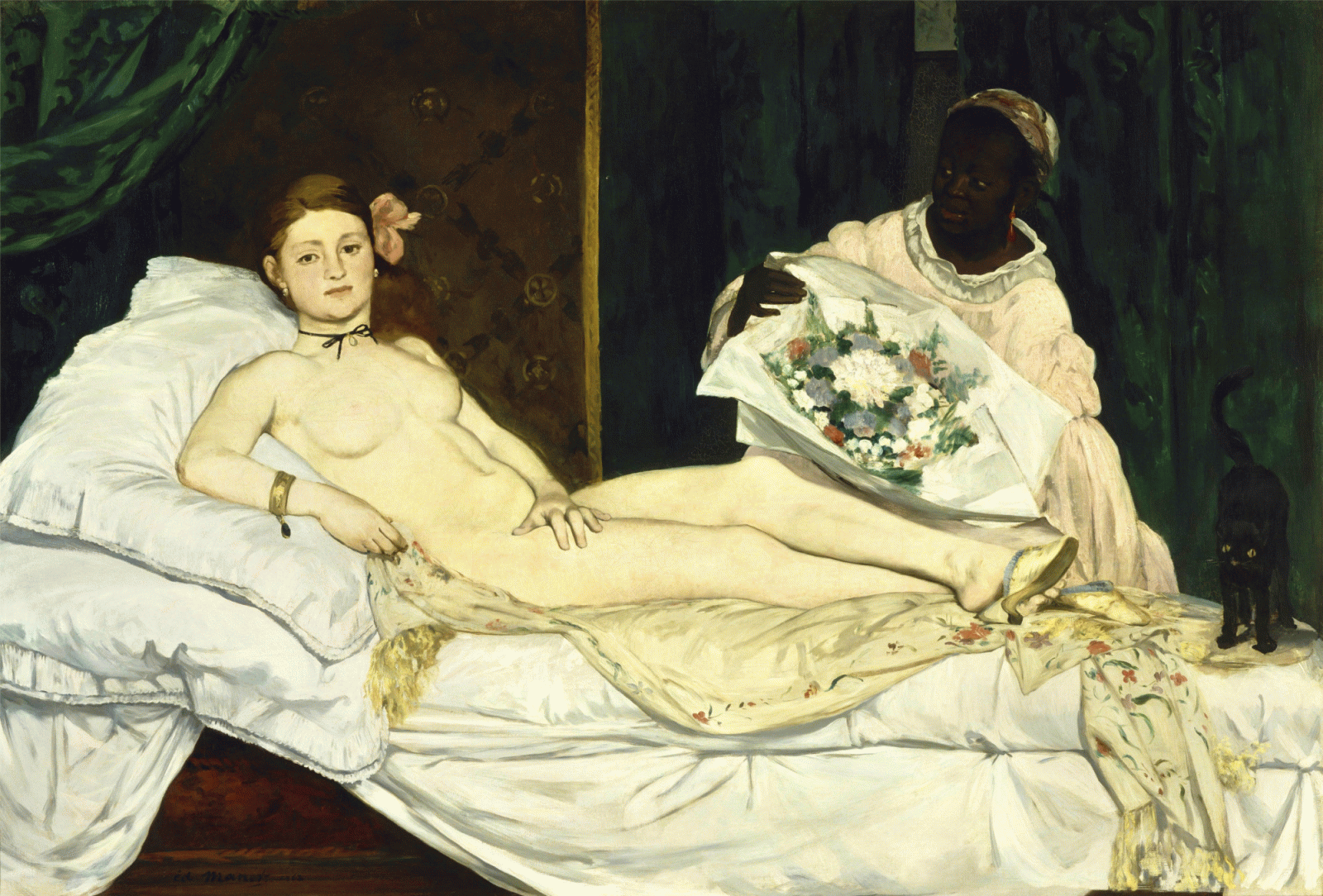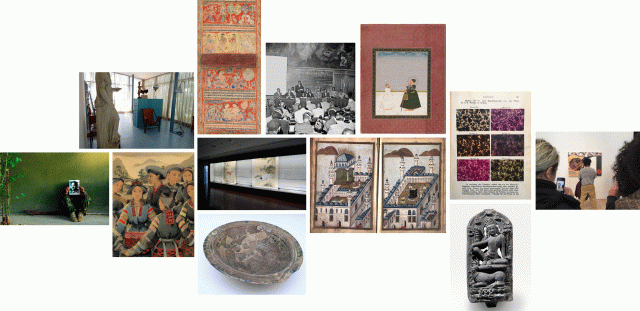Body and Empire. A conversation

Sugata Ray: Of the "Effeminate" Buddha and the Making of an Indian Art History
Internalizing colonial accusations of the "effeminacy" of the native male body, nineteenth-century Indian ideologues and reformers attempted to redeem the national body through a range of phallocentric body cultures. Anti-colonial art history, however, deliberately appropriated colonizing discourses of the effeminate native body to epistemologically challenge the hegemonic hyper-masculinity advocated by both the regulatory mechanisms of the British Empire and a larger nationalist body culture in colonial India. The ingenious invention of a discursive intimacy between yoga and an aesthetics of demasculinization led to the strategic resignification of the male body in early Indian sculpture as both a sign and the site of an imagined national life. Through a close analysis of art writing and photography, art pedagogy and colonial archaeology, visual practices and sartorial cultures, my talk will delineate the fin-de-siècle politics and aesthetics of demasculinization that had led to the establishment of anti-colonial Indian art history's disciplinary and methodological concerns.
Darcy Grimaldo Grigsby: Still Thinking about Olympia's Maid
Opening with Manet's voyage to Brazil after the second French abolition of slavery, this talk focuses on the too often overlooked black woman in Manet's Olympia (1863) and the model Laure who posed for this painting and others. Manet's painting stages a creole scene that makes visible France's long reliance on slavery, but also its Revolutionary redefinition of all blacks as paid workers after the second abolition of slavery in 1848. How does thinking about the entry of blacks, specifically black women, into France's economy of wage labor differently illuminate Manet's painting?
Darcy Grimaldo Grigsby, Professor for European and American Art and Sugata Ray, Assistant Professor of South Asian Art and Architecture at the History of Art Department, both at the University of California, Berkeley

Partner
In cooperazione con
24 marzo 2015, ore 18:00
Forum Transregionale Studien
Seminarraum
Wallotstr. 14
14193 Berlin
Avviso
Questo evento viene documentato fotograficamente e/o attraverso riprese video. Qualora non dovesse essere d’accordo con l’utilizzo di immagini in cui potrebbe essere riconoscibile, da parte del Kunsthistorisches Institut in Florenz a scopo di documentazione degli eventi e di pubbliche relazioni (p.e. social media) la preghiamo gentilmente di comunicarcelo.



